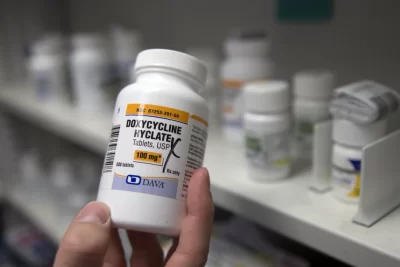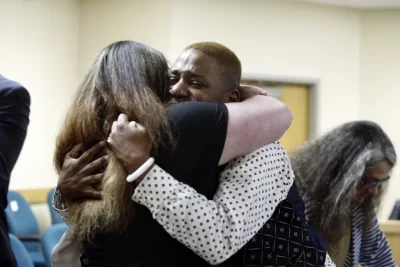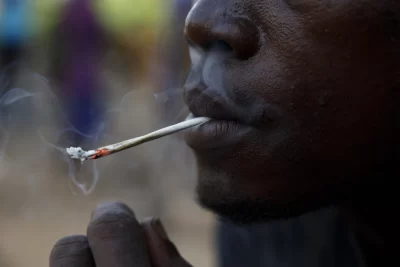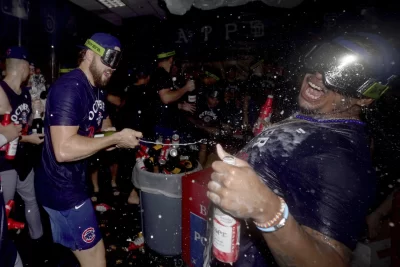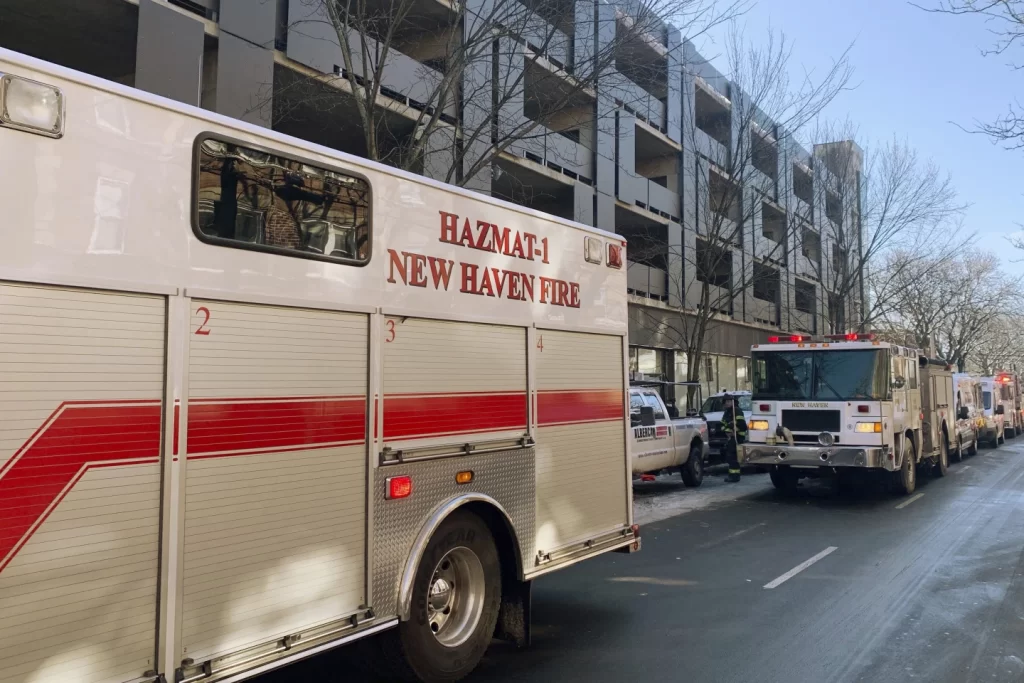
HOUSTON — The arctic blast of winter weather that is gripping much of the U.S. this week is also bringing with it various hazards that people have to contend with to keep warm and safe.
These dangers can include carbon monoxide poisoning, hypothermia and frozen pipes that can burst and make homes unlivable.
Public safety officials and experts say there are multiple ways people can prepare themselves to avoid these winter weather hazards and keep themselves safe.
Officials say that during a winter storm, people should stay indoors. But home heating systems running for hours can increase the risk of carbon monoxide poisoning as the deadly fumes can be produced by furnaces, stoves and heaters, according to the U.S. Centers for Disease Control and Prevention.
Dr. Alex Harding, assistant professor of emergency medicine at the Baylor College of Medicine in Houston, said because carbon monoxide is odorless and colorless, people won’t necessarily be aware of it.
Houston Fire Chief Samuel Peña said residents should not operate generators inside their homes or even in their garages.
“We all don’t want you to sacrifice safety for warmth,” Peña said.
DEALING WITH HYPOTHERMIA
Prolonged exposure to frigid temperatures can put people at risk to hypothermia, a condition that happens when one’s body loses heat faster than it can produce it.
The danger of hypothermia is greater for someone who is outside, exposed to wind gusts and isn’t wearing appropriate clothing or has clothing that gets wet.
“If they have a safe place that’s warm, where they can hunker down, where they have water and food and all those kind of necessities … then that’s going to limit their exposure to those risks,” Hardin said.
But vulnerable populations like people with disabilities or homeless individuals can have problems with finding a warm and safe place to stay. In Houston, officials have worked in recent years to improve their services for disabled individuals and homeless people during winter weather and other situations, like natural disasters, said Julian Ochoa, who is the Houston Office of Emergency Management’s emergency preparedness manager for vulnerable populations.
Frozen pipes in a home during severe winter weather is a particular problem in parts of the South, including in Houston, as such equipment is often located outside of structures. But other parts of the country also have to deal with this problem.
Jose Parra, a master plumber with Abacus Plumbing, Air Conditioning & Electrical in Houston, advises people to insulate any pipes that are exposed to the outside, turn off and drain sprinkler systems and let faucets inside a home drip during freezing temperatures so water can run through the pipes and protect them.

